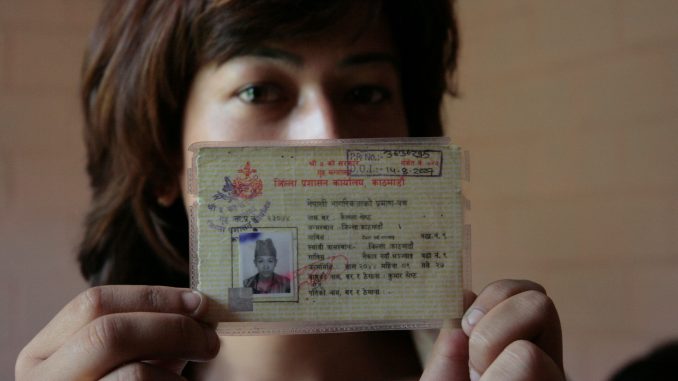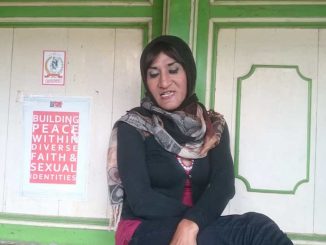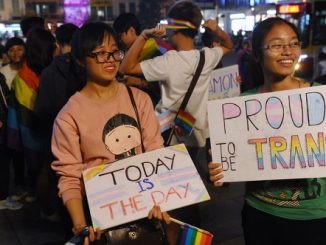
Findings from a study that reviewed transgender rights in Asia revealed that most transgender people are not able to obtain official identification documents that reflect the gender identity they recognized themselves with.
This lack of recognition promotes exclusion, stigma, discrimination, and violence against them who are perceived to be deviating from the norms by preferring a gender identity that does not coincide with their sex at birth.
“Legal gender recognition can be a first step in addressing stigma and discrimination, but it is far from enough, it is the practice in reality that matters in the end,” said H.E. Staffan Herrström, Ambassador for Sweden in Thailand, said in a press conference in Foreign Correspondents’ Club of Thailand (FCCT) in Bangkok during the release of the study Legal Gender Recognition of Transgender People: A Multi-Country Legal and Policy Review in Asia last Tuesday.
“Concerted efforts are needed to work against stigma and discrimination of transgender people. We in the international community can contribute to address discrimination and violence through our engagement, financial support and willingness to listen,” Herrström continued.
The 18-month study was sponsored by the United Nations Development Program (UNDP) and the Asia Pacific Transgender Network (APTN) with the goal of providing a comprehensive review of current legislations, policies and practices of nine Asian countries.
More than 220 transgender people from over 80 lesbian, gay bisexual, transgender and intersex (LGBTI) organizations and civil rights groups participated in the study.
Globally, legal gender recognition for transgender people is considered a fundamental human right, particularly the right to self-determination. It involves governments fully acknowledging their gender identity through information and names entered in public documents, registries, and records.
It is an important requirement for many transgender people to meaningfully participate in society and to discourage acts of discrimination.
Nadia Rasheed, Team Leader of the HIV, Health and Development Team of UNDP in Asia Pacific, said, “This report illustrates that a lack of legal gender recognition remains one of the most significant barriers to social inclusion, access to health and social services and enjoyment of human rights for transgender people in Asia.”
China is the only country that allows transgender people to change gender on official identity documents. Bangladesh, India, Nepal and Pakistan also recognized the third gender on a few government-issued documents.
The study shows, however, that restrictions and eligibility standards for gender recognition make it difficult for transgender people to secure public identification documents that reflect their gender identity. They are required to submit proof of medical intervention, mental health diagnosis, family approval, and an unmarried civil status.
“Gender identity should have no bearing or barrier on whether someone can enjoy fundamental rights, like the ability to be recognized by their government or to access health care, employment or education without gender discrimination, hence legal gender identity recognition is of absolute importance to the livelihoods, safety and wellbeing of trans peoples,” added Phylesha Brown-Acton, Co-Chair, Asia Pacific Transgender Network.
While gender recognition is yet to be formalized in certain countries in the region, progress in trans rights have been noted in the study.
Thailand’s Gender Equality Act in 2015 and local anti-discrimination policies in the Philippines are examples of legal protection extended to transgender people from unfair gender discrimination.



4 Trackbacks / Pingbacks